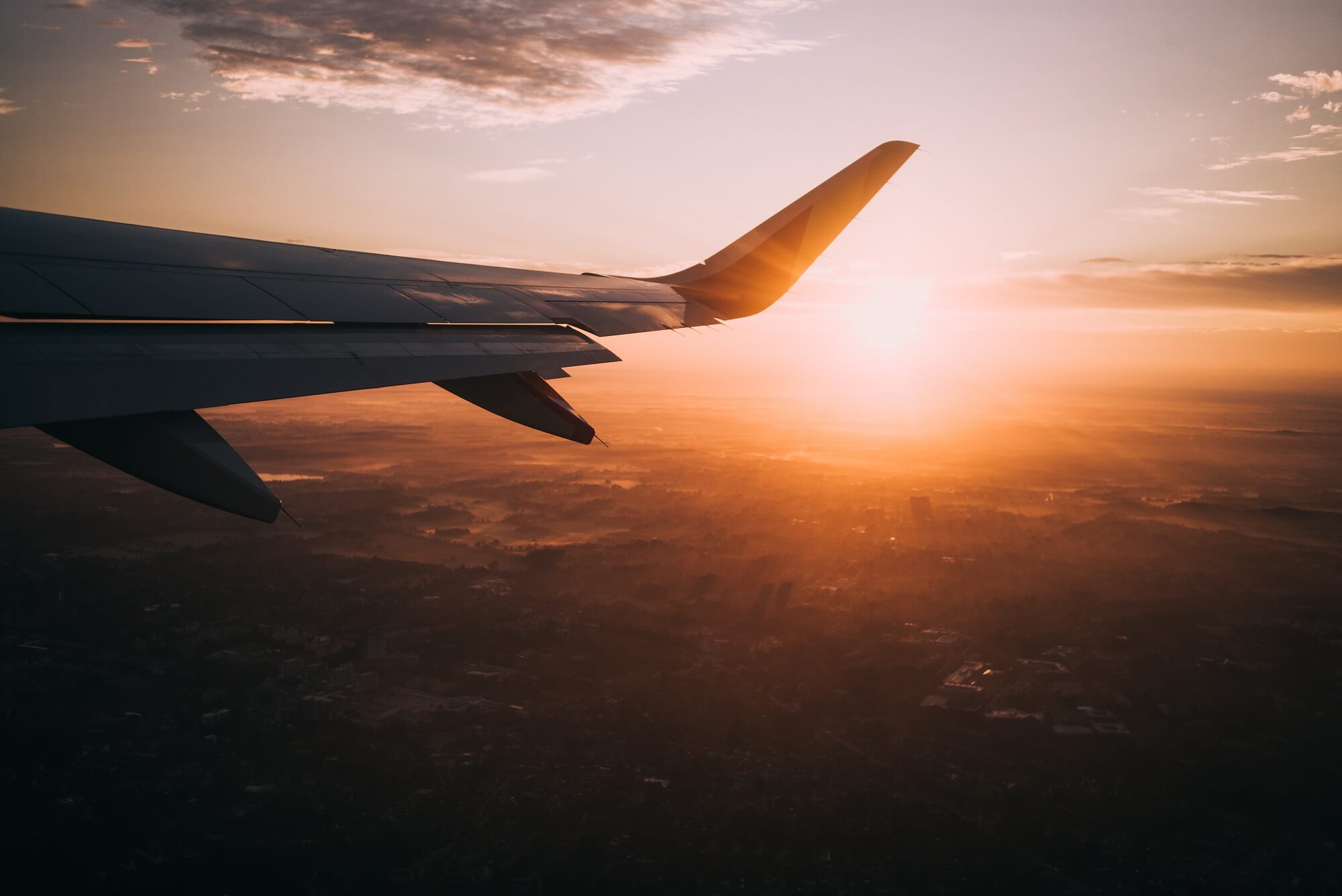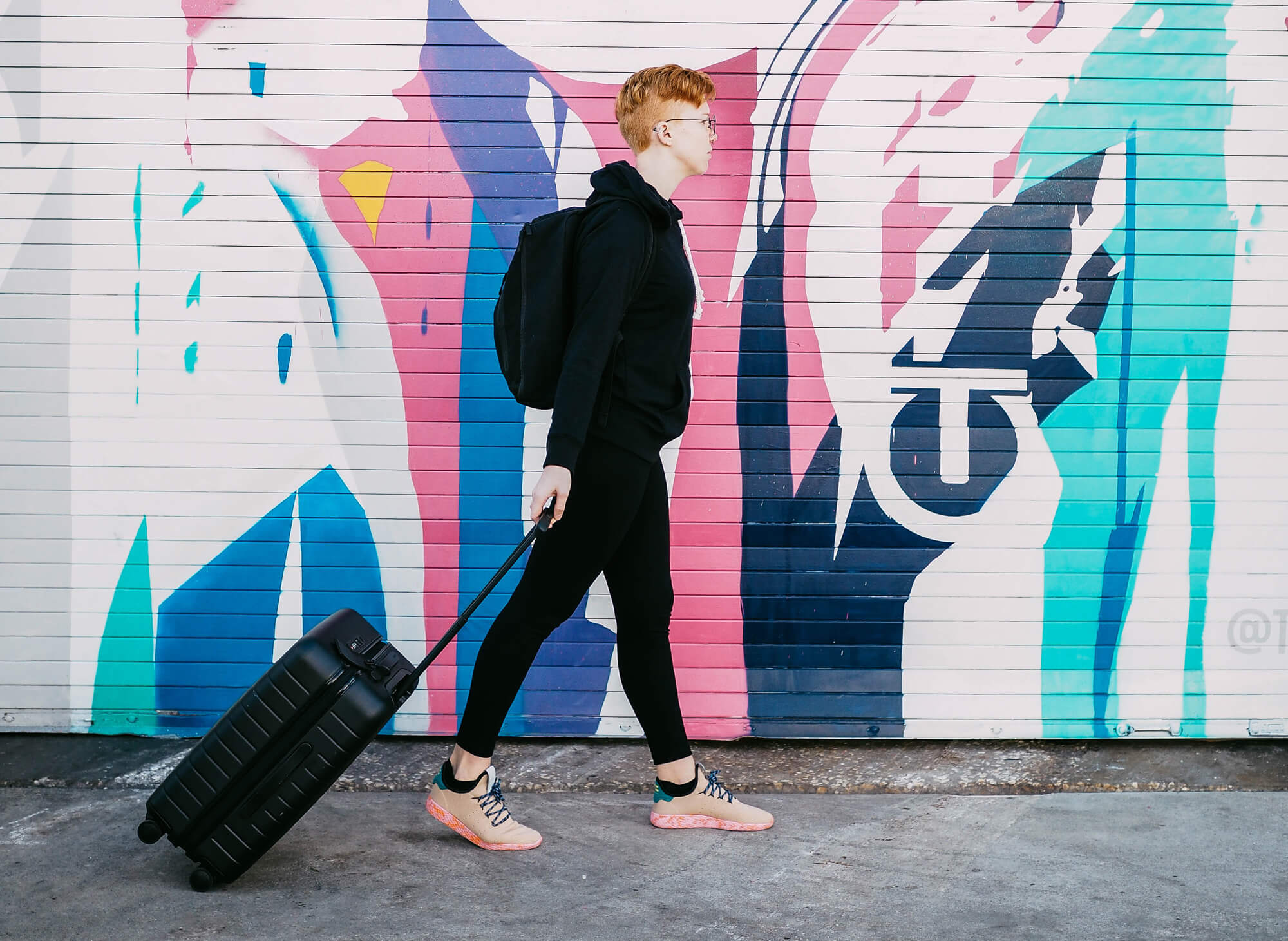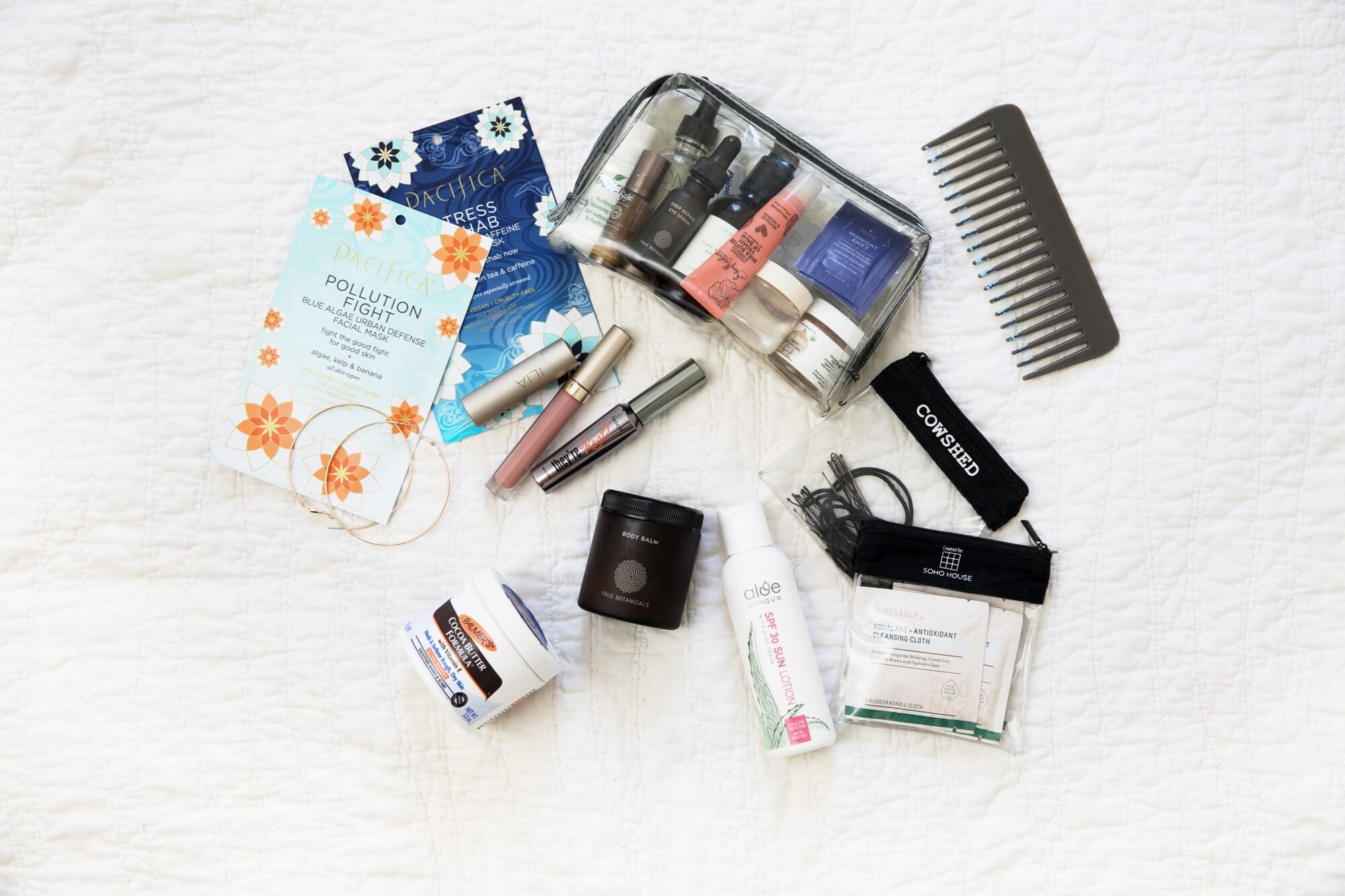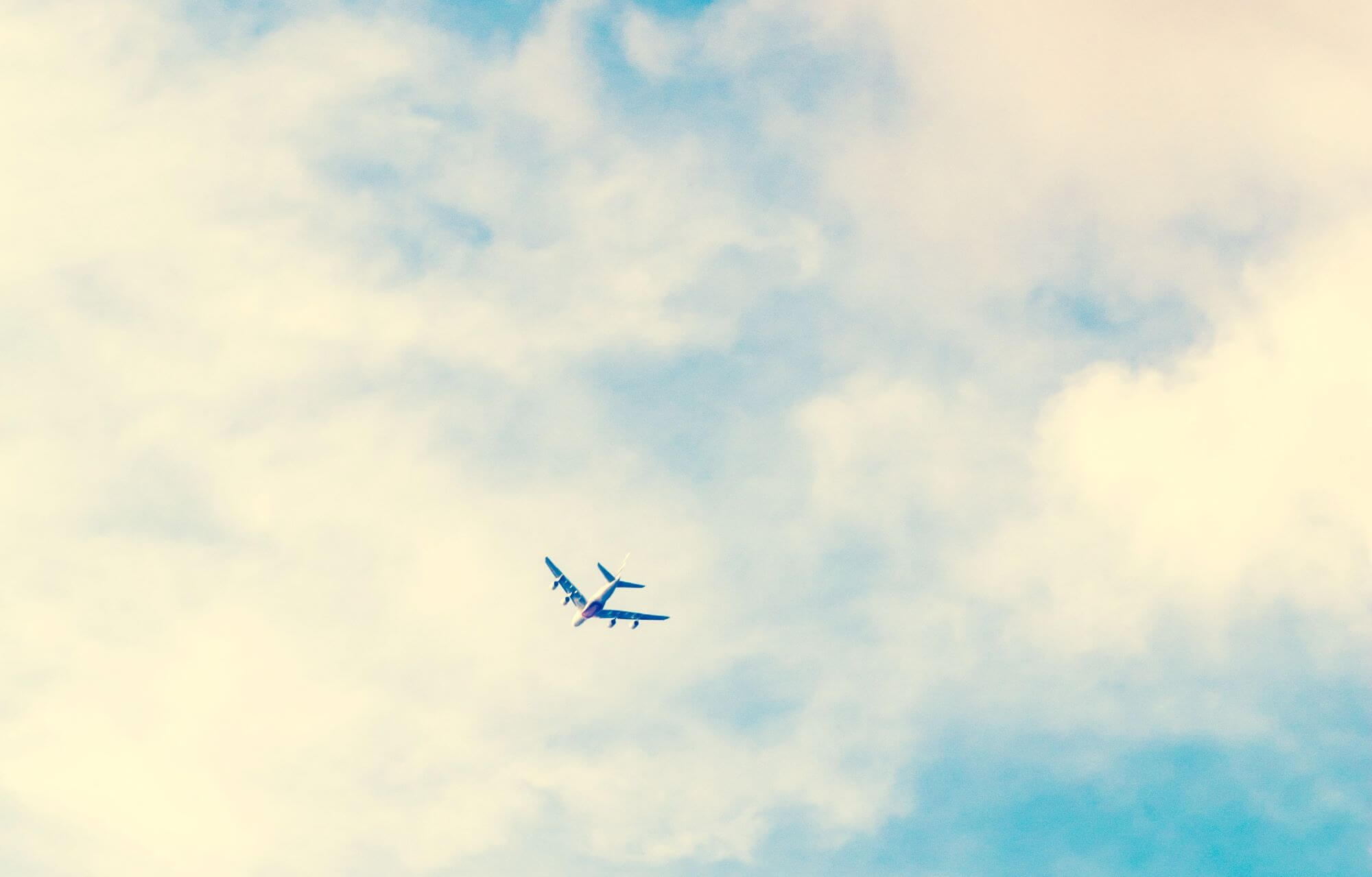The truth about being a flight attendant
From free flights to the Mile High Club, here’s what one high-flying pro wants you to know.
They direct you to push your carry-on bag beneath the seat in front of you. They ask you if you’d like ice with your
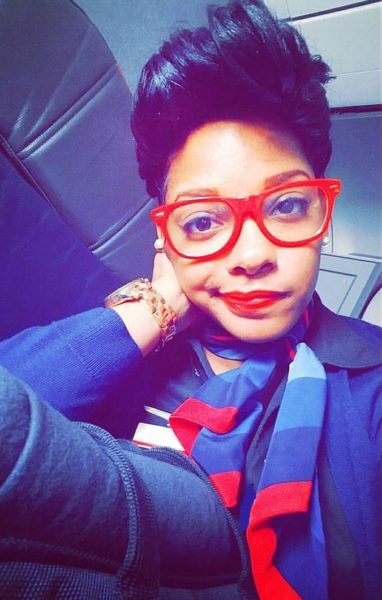
Photo: Courtesy of Kendra Mills
virgin Mary. They probably give you a look when you’re hovering too long in the back galley, getting in a few stretches before you return to your seat.
They’re flight attendants—and though the job was once downright glamorous, in the age of Kayak.com most frequent flyers pay about as much attention to who’s getting them to their destination as they are which airline is doing it for them. (In other words: not at all.)
But maybe you should do more than smile the next time someone asks if you’d like another bag of pretzels: Besides the fact that the smartly dressed crew on your flight has your life in their hands (after all, it is their job to navigate mid-air medical emergencies and abrupt landings), they also kind of live the life. Flexible work hours, the ability to work on creative side projects, and a job that literally pays them to circle the globe…. In the permalance economy, isn’t that the dream?
“It’s exceeded my idea of what it would be,” admits Kendra Mills. Four years ago the Houston native left her job doing marketing for a Texas credit union in favor of flying high, working as a flight attendant for a major airline (we can’t say which one, but you’ve definitely boarded one of their fleet before)—all while fueling her wanderlust and pursuing her own creative passions at the same time.
Whether you’ve flown together for 20 years or 20 minutes, we have these therapy sessions where we vent or share details that maybe our closest friends don’t know about.
“Would I rather buy something for myself or allow myself to have an experience? Some people don’t understand that the experience outweighs whatever material possession you could buy yourself,” says Mills, who is now based in Los Angeles, CA. “It’s a gift you can’t put a price tag on.”
And it’s a gift she’s ready to share—at least, kind of: Mills teamed up with The Glassy on our Ask a Flight Attendant series, where she’s getting real about the dos, don’ts, tricks, and tips of air travel. (Have a burning question you want to ask? Email info AT the-glassy DOT com with your Q.) Her eye-opening monthly answers will be coming shortly, but first we wanted to get her story.
Ready for take-off? From the insane application process to the truth about the Mile High Club, here’s what it’s really like to work as a flight attendant.
What led you to want to become a flight attendant?
The idea had always intrigued me, but it wasn’t a dream I had as a child. I’m not from a very well-traveled family—a lot of people from my family have never been on an airplane—so the idea of travel was always a luxury to me growing up. To find a job where I could travel was, like, whoa. When I was maybe 22 I had applied for a few different airlines and, honestly, I had forgotten about it because so much time passed between applying and hearing back. When I heard back about an opportunity to interview I was like, OMG this is happening!
In my head I’m imagining a really crazy interview process—like, having to pour drinks in zero gravity conditions.
It was like no other process I’d undergone before. Different airlines have different processes—for [redacted airline] they sent this long questionnaire asking about how you would respond in certain situations, and you’re trying to respond how you think they want you to answer but you don’t really know. From there I was invited to [the airline’s] headquarters to interview. Now this interview was a three hour process [laughs]. It was a lot.
You go in to this room full of anywhere from 40-50 people and they do almost like an orientation, where they tell you about the company and they show you a video Everyone’s super nice but you know you’re being judged. Then you break off into groups and do group projects—and everything you do is being watched by a group of recruiters. From there you do a group interview in a room, with more of a private setting of six people per group. You all answer the same question, which is nerve-racking because you’re trying to not give the same answer as the five other people. For example, they might ask what qualities do you posses that make you think you’d be a great fit for the job—everyone will say they’re a team player or they love working with people. You’re trying to have an answer that stands out but not to the point where you’re making up stories. They also ask what you’re doing in your current life in terms in volunteer work or giving back to your community, which I typically don’t get in an interview.
Then you go back into this room with all the other 40 people and, depending on if they’re interested in moving forward, you get a one-on-one interview—that’s the telltale sign they’re interested. Then after that you still have to fly back to get your physical and make sure you can pass your drug test.
When I’m on reserve, I don’t know where it is I’m going and they can call me any time to go somewhere within a three hour window.
That’s intense! Is the training even worse?
Honestly, I had a few people I knew who were flight attendants and I was like, if they can do it, I can do it. But it was challenging, because no matter how smart you are or how well you retain information, it’s all new information. My training was eight-and-a-half weeks long, and you’re learning about configurations of the plane, how to evacuate, how to evacuate over water—that’s something you’re not prepared for in life. The hardest part was that you’re away; no matter what’s going on your life still has to go on, but you can’t physically be there because you’re in Dallas for training. Plus, my graduating class had all these personalities that you’re spending all this time with, and you have a roommate. So it’s an adjustment.
How soon after your training are you, like, on a plane preparing passengers for landing?
This is how crazy it is: On graduation day your family can come, whatever, but you only have two hours after—maybe enough time to grab food—before you have to catch a flight to wherever you’re based. From there you have two days to learn the ins and outs of the base, and then you have four days to do what you need to do before to start. So it’s no time at all.
Once you get your wings, so to speak, how much time are you actually spending in the air?
I have three times out of the year when I’m on call, which we call “reserve”. When I’m on reserve, I don’t know where it is I’m going and they can call me any time to go somewhere within a three hour window. They give you a credit of 75 hours a month and, whether they use it or not, you don’t have to worry about not getting paid. You could literally not fly at all, or fly 2-3 trips, or max out at 82 hours.
When I’m not on reserve, they I have my whole schedule for the entire month, meaning I’m allowed to trade my trips with a friend, or pick up more trips for extra hours—so I have much more control over those hours. You’ll never have to worry about them calling you and pulling you away from your set time.
When I’m off work, I have all 24 of the hours of the day to myself, versus the 8 or 9 that you have
What happens when you’re working a plane that’s sitting on the runway—are you getting paid for that?
Only if the door’s closed. That’s insider information: If the door is closed and the jet bridge is pulled back, then we’re getting paid. But you know those times you’re sitting at the jet bridge waiting to see what happens [with your flight]? We’re not getting paid for that. The boarding process? We’re not getting paid for that. Although that might not be universal for all airlines.
And how much time do you have to explore a city before you have to board a plane again?
Anywhere from 24 to 33 hours—that’s normal operation, but sometimes things happen.
Let’s talk about misconceptions—I’m sure I’ve got a lot of things wrong about flight attendants. What’s the biggest myth you want to set straight?
People—all different ages and races—think we have a different boyfriend in every city. They think we just roam the world and romanticize the job a bit.
How do you maintain a life at home when you’re constantly traveling?
Honestly, I have so much free time that I’m home more than the average person! When I’m off work, I have all 24 of the hours of the day to myself, versus the 8 or 9 that you have, plus other obligations that may consume your time. When I’m off, I’m off. I may have three or four days consecutively off, whereas most people have weekends. Eventually I’m going to have a family and kids, I want to be involved as a parent and I’ve talked to flight attendants who make it work. They set their schedule so they can be home in time to tuck their kids in—when they take layovers, that’s their vacation from their significant other and kids!
Almost everybody asks me if I’m part of the Mile High Club.
What’s something no one realizes about being a flight attendant?
This is real: Almost everybody asks me if I’m part of the Mile High Club. Those are probably not the people flying now, because commercial planes are not even sexy, okay? [Laughs] Like, there are a hundred-something people on this flight using this lavatory, why do you think I want to go in there?
When you put it that way, it does seem pretty gross. What about the things that have surprised you about being flight attendant?
Honestly, the biggest surprise for me would be the camaraderie [flight attendants] have with each other. We call it jump-seat therapy. Whether you’ve flown together for 20 years or 20 minutes, we have these therapy sessions where we vent or share details that maybe our closest friends don’t know about. We have this unwritten bond that I’ve never had in any job in my life. You might not see this person again, but in that moment they’re your best friend. You build some really great relationships. I’m really shocked at some of the things people have shared with me and things I’ve shared with strangers who are my best friend for the three-day trip we fly on.
What’s one thing you’d change?
I just want to remind people that flight attendants are people too. We’re living in a time when everyone’s consumed with themselves, so remember that we’re people who have feelings. There are videos of people disrespecting flight attendants or talking to us like we’re crazy; we’re people, not your punching bags. We have lives affected by things we can’t control, too. And at the end of the day we’re here to have you have a great experience, but we’re also the ones to get your ass off the plane if there’s a fire.
Do you plan on working as a flight attendant for the forseeable future?
The crazy thing is when I took this job, I said I’m probably only going to do it for two or three years, just go to all the places on my list. But now I’m in my fourth year of flying and even if I do this super-duper part-time, I can’t imagine doing anything else. Of course I can do my artistic stuff, but in terms of a job job, I can’t even wrap my head around it. I write poetry, I really like fashion, I do some hosting and I came back to LA because I want to get into acting—all things I can do with all of the free time I have. But in terms of leaving this job… what else would I do? I can’t imagine going to an office.

